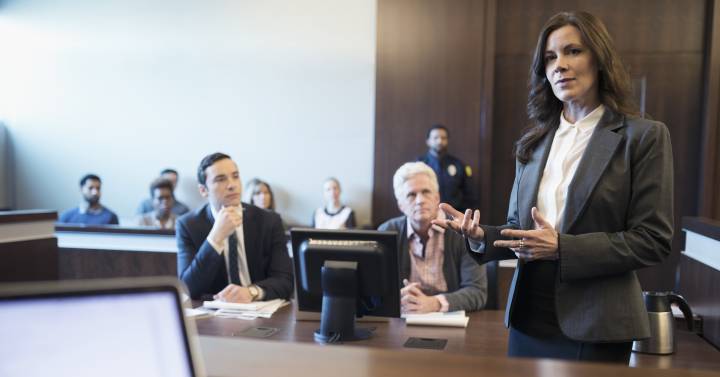
The Superior Court of Justice (TSJ) of Galicia, in a ruling of 9 December 2020, is examining the limits of the freedom of expression of lawyers when they appear in court. The three-month suspension of the profession imposed on a lawyer by the Consello da Avogacía Galega is under review.
According to the ruling (available here), lawyers’ freedom of expression is not unlimited and possible excesses must be corrected. As stated by the Constitutional Court, the practice of law “must be valued in the context in which it is exercised, and taking into account its functionality to achieve the ends justifying its privileged regime,” this does not mean, however, “that it lacks. limits or protects the ignorance of the minimum respect on the part of the other parties present in the proceedings ”.
Echoing this constitutional doctrine, the court begins by recognizing that “judicial processes are discussion frameworks in which the exercise of the right of defense permits the crossing of boundaries that are not allowed in daily life,” but adds that this does not mean that this is justified “any form of expression or reference to the opposing party or professionals.” According to the Court, “in order to determine whether the limits of the right of defense have been exceeded, the contemporaneous circumstances must be weighed up, that is, what was said, how it was said and to whom it was said. “
The sanctioned party, in a letter to the Court, described the actions of the Justice Administration (LAJ) attorney as a “cluster of procedural blunders deserving of a disciplinary record,” accusing her of “bad faith towards one party,” and crossed out behavior of “unlawful, amoral, unjust and shocking”.
It also added that “the secretary had not submitted to the law and the law, showing both unrestricted partiality and clear enmity with the lawyer.”
The court is of the opinion that the exercise of the rights of defense and the freedom of expression that it entails do not protect the content of the lawyer’s briefing to the Court. In the opinion of the Chamber, proof of the disproportionate nature of that act is that it initially attributed the authorship of the writings to the lawyer in an attempt to avoid her responsibility.
In conclusion, in the opinion of the Chamber “most of the statements and the seriousness of the allegations” are worthy of the sanction imposed.